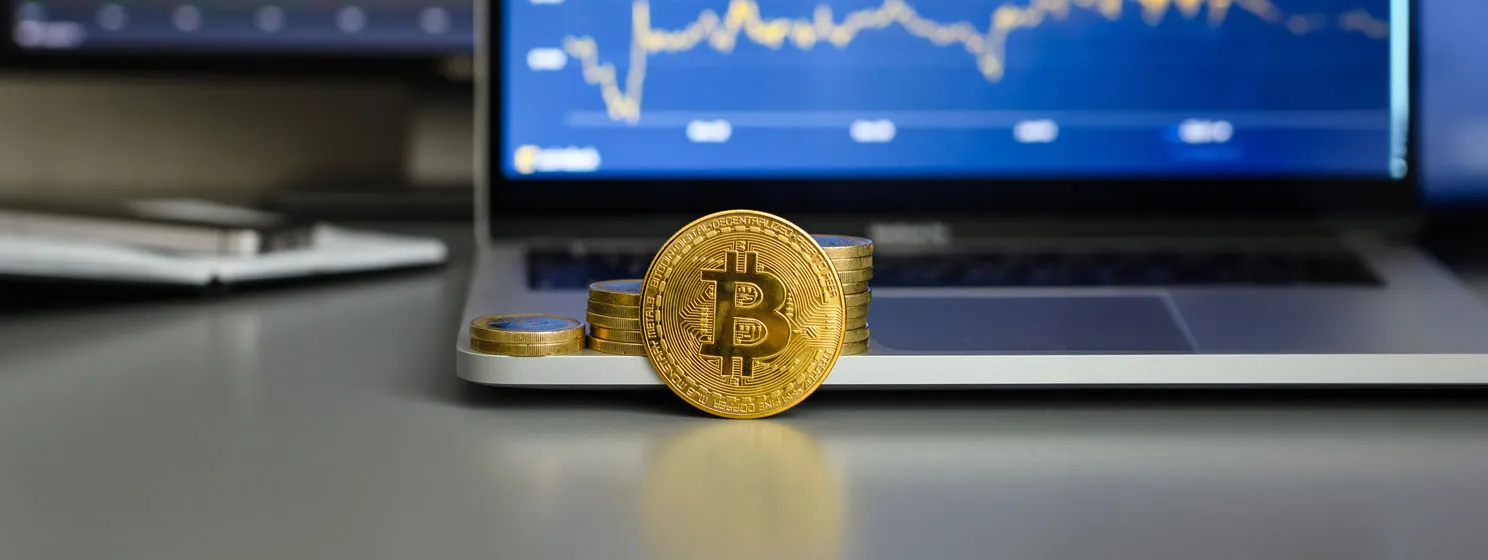|
Getting your Trinity Audio player ready...
|
A United Kingdom Treasury Committee report on a potential central bank digital currency (CBDC) suggests the costs may outweigh the benefits and recommends more research and detailed information before any decisions are made, indicating the crucial question must be “why do it” rather than “why not do it.”
The House of Commons Treasury committee has recommended that the Bank of England (BoE) and Treasury conduct further research into a CBDC before coming to any decisions on launching a digital pound.
Produced by the Treasury Committee, the parliamentary body that scrutinizes and oversees the Treasury’s policies and decisions, the December 2 report outlined the possible benefits and drawbacks of a CBDC, particularly noting the costs already incurred looking into it.
The U.K. has been exploring a digital pound since the spring of 2020, when the BoE published a discussion paper on possibly introducing a retail CBDC. The paper set out some of the arguments for and against and discussed its potential design. In April 2021, the Treasury and BoE established a joint task force to coordinate further research on the idea, and in February this year, they published a consultation paper on a possible “digital pound.”
Despite this seeming enthusiasm from the Treasury and BoE, the title of this month’s Treasury Committee report, “The digital pound: still a solution in search of a problem?” indicates the way Parliament is leaning toward a CBDC.
In a short paragraph summing up the possible benefits of a digital pound, the committee highlighted that it could help support innovation in domestic payments while guarding against some of the risks of private digital currencies by providing public access to a form of central bank money. Another noted positive was that innovation brought about by a digital pound could support the U.K.’s international competitiveness in payments technologies, “particularly if it is amongst the first major central banks to issue a retail CBDC.”
However, the report caveated these points by saying that “the extent of these benefits is unclear…Nor is it yet clear that a digital pound is the only (or best) means of achieving them.”
In a significantly larger section of the report, the committee then proceeded to outline the various drawbacks of a CBDC, which included increased risks to U.K. financial stability, privacy concerns, potential misuse of consumers’ data, and financial inclusion for users with limited or unreliable internet connectivity.
“It is not clear to us at this stage whether the benefits are likely to outweigh these risks,” summed up the report, whose primary concern appeared to be the potential costs involved.
“The Bank of England has already incurred significant costs from its work on a digital pound, and its further work on the design of a digital pound will require increased expenditure in the coming years,” said the report. “It is important that the Bank of England and Treasury keep control of these costs to avoid spending more than necessary on a digital pound that might not proceed to being built.”
With the U.K. economy going through a significant rough patch—last year, the U.K.’s economic outlook was downgraded from “stable” to “negative” by the rating agency Moody’s because of political instability and high inflation—it’s perhaps no surprise that the price of research and possible implementation of a digital pound is at the forefront of the Treasury Committee’s concerns.
Going forward, the committee made it clear that it wants to see a sensible and well-reasoned decision made on a digital pound, one—despite its concerns about costs—not informed by the amount of time and money spent looking into it.
“The Bank of England and Treasury must approach this analysis from a neutral stance—the launch of a digital pound must not be viewed as an inevitable consequence of investing in further detailed design work. The policy question must remain ‘why do it’ rather than becoming one of ‘why not do it,’” concluded the report.
To help ensure a thorough and balanced approach is taken to assessing the case for a digital pound, the committee recommended further consultative work and that “the Government and Bank of England set out in more detail, as soon as possible, the criteria they will use to inform that final decision.”
The message from the Treasury Committee was clear: it would take more convincing for it to fully back a digital pound, and it would only do so “if benefits increase and risks to privacy and financial stability are mitigated.”
To learn more about central bank digital currencies and some of the design decisions that need to be considered when creating and launching it, read nChain’s CBDC playbook.
Watch: Building CBDC systems on Bitcoin

 07-09-2025
07-09-2025 





